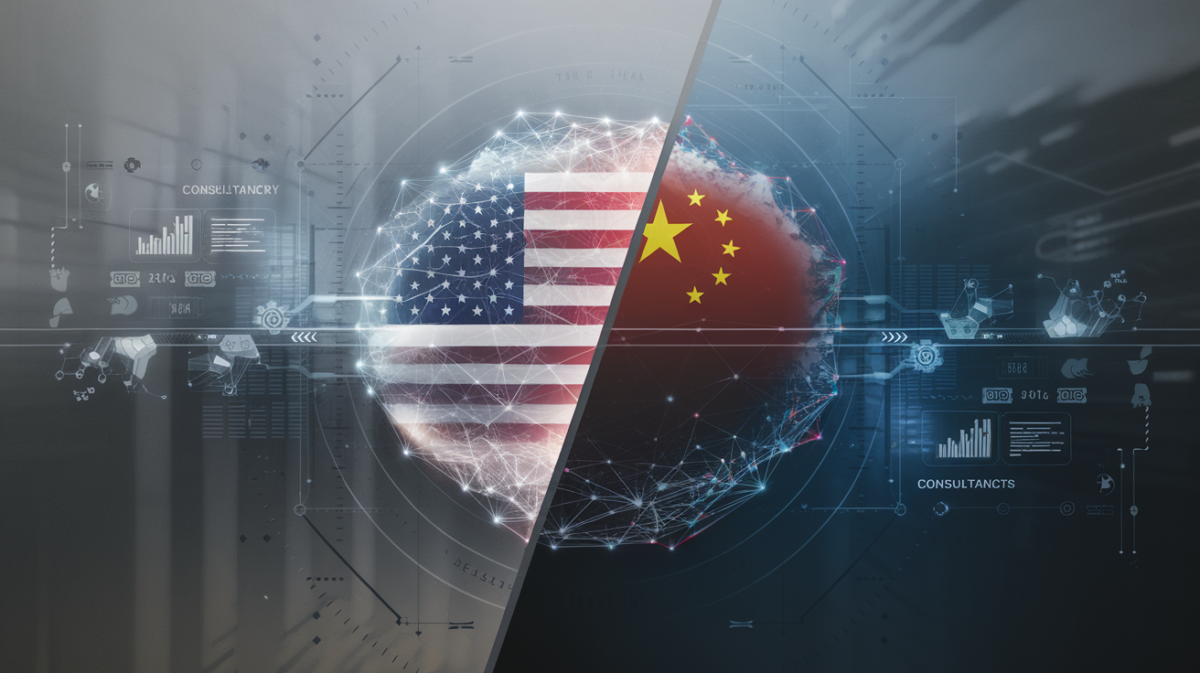Introduction
McKinsey & Company, one of the world’s leading management consulting firms, has recently imposed a ban on its mainland China operations from engaging in consultancy projects related to generative artificial intelligence (AI). This decision comes amid escalating geopolitical tensions and increased scrutiny from the U.S. government over American companies’ involvement in sensitive technology sectors in China.
Why the Ban?
The move reflects growing concerns in Washington about U.S. companies inadvertently aiding China’s advancements in cutting-edge technologies like AI and quantum computing. While McKinsey’s China offices can still work with clients using traditional AI, the firm has explicitly barred them from participating in generative AI initiatives, even those linked to multinational clients’ Chinese branches.
Historical Context
This isn’t the first time McKinsey has faced scrutiny over its operations in China. In October 2024, U.S. lawmakers called for investigations into the firm’s undisclosed work with Chinese state-owned entities, citing potential conflicts of interest and national security risks. The latest ban appears to be a strategic response to these ongoing concerns.
Key Implications
The restriction could have significant consequences for McKinsey’s business in China, including:
- Reduced Market Share: The firm may lose out on the booming demand for generative AI solutions in China.
- Competitive Disadvantage: Rival consultancies not bound by similar restrictions could gain an edge.
- Strategic Shift: McKinsey has already downsized its China workforce from 1,500 to around 1,000 employees, signaling a broader reevaluation of its regional strategy.
Industry-Wide Trends
McKinsey’s decision is part of a larger trend among foreign consultancies reassessing their operations in China due to:
- Economic slowdowns.
- Heightened political risks.
- Increasing regulatory scrutiny.
Generative AI vs. Traditional AI: What’s the Difference?
To understand the significance of McKinsey’s ban, it’s helpful to compare generative AI with traditional AI:
| Feature | Generative AI | Traditional AI |
|---|---|---|
| Primary Function | Creates new content (text, images, code). | Analyzes and interprets existing data. |
| Applications | Chatbots, deepfakes, automated content generation. | Fraud detection, recommendation systems. |
| Regulatory Scrutiny | High, due to potential misuse. | Moderate, as it’s less controversial. |
Public Reaction
So far, the topic hasn’t gained significant traction on platforms like Reddit or YouTube. However, industry experts are closely watching how this decision might influence other multinational firms operating in China.
Conclusion
McKinsey’s ban on generative AI consultancy work in China highlights the delicate balance companies must strike between business opportunities and geopolitical risks. As tensions between the U.S. and China continue to rise, more firms may face similar dilemmas, reshaping the global tech consultancy landscape.







